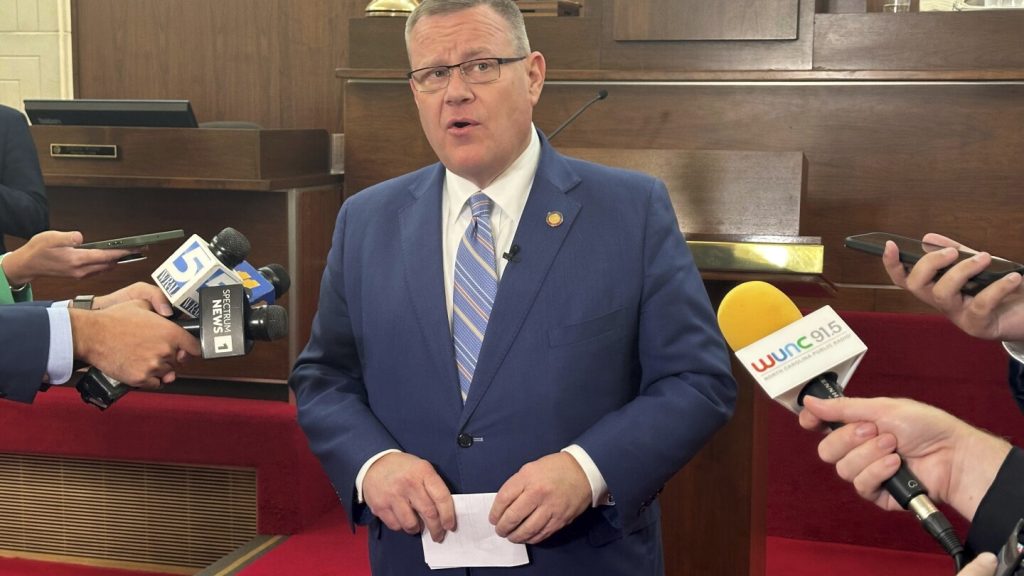Hurricane Helene caused significant damage in Western North Carolina, prompting state leaders to prepare for initial disaster relief efforts. The General Assembly is set to approve funding next week to address the immediate needs of those affected by the storm. While the full extent of the damage is still being evaluated, lawmakers are expected to provide a down payment on the state’s contribution, along with changes to state law to provide flexibility to agencies and displaced residents. The Republican-controlled legislature has a history of swift action in response to natural disasters, as evidenced by their quick approval of relief funds and waivers for those affected by Hurricane Florence in 2018.
In the aftermath of Hurricane Florence, the General Assembly approved $57 million in disaster relief funds and made changes to state law to assist displaced residents. They also passed legislation forgiving schools in the hardest-hit areas up to 20 lost instructional days to ensure workers got paid. Election law changes may also be considered next week, as local election officials received flexibility on moving voting places after precincts were damaged by flooding in 2018. The state government has significant reserves set aside for emergencies, including a “rainy-day” fund of $4.75 billion and a disaster response reserve of $733 million. Governor Roy Cooper and his administration are working with legislators to recommend a package to help meet immediate needs and provide assistance to families and communities affected by the storm.
The Department of Public Instruction is seeking up to $166 million in funding for school repairs and renovations, technology losses, and school meal needs in the wake of Hurricane Helene. The General Assembly may consider further legislation to allocate additional funds for these purposes as more needs are identified. Other pots of money could be tapped if necessary, and Governor Cooper would need to sign off on any bill passed by the legislature. Cooper, Berger, and Moore, among other state leaders, have visited the affected areas to assess the damage firsthand and show support for the communities impacted by the storm.
Following the initial disaster relief legislation, the General Assembly approved a second law that allocated $400 million immediately and set aside an additional $450 million for future needs in response to Hurricane Florence. Lawmakers may take a similar approach in addressing the aftermath of Hurricane Helene, ensuring that the state is prepared to meet the long-term recovery needs of those affected. The General Assembly is scheduled to reconvene on Nov. 19 and Dec. 11, but a special session could be called sooner if necessary. While the damage caused by Hurricane Helene is significant, state leaders have expressed confidence in the resilience of North Carolinians and their ability to come together to assist those in need.


